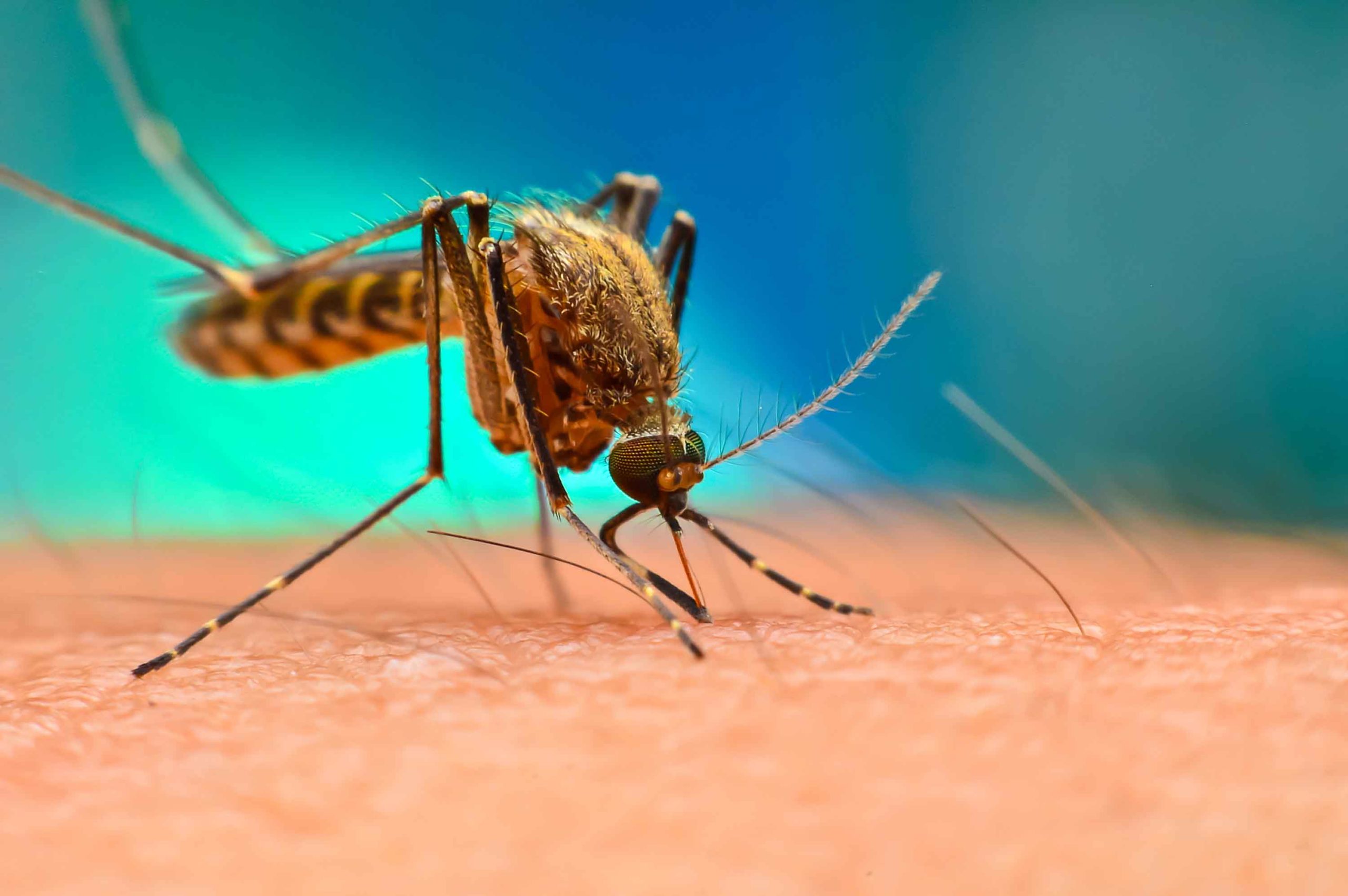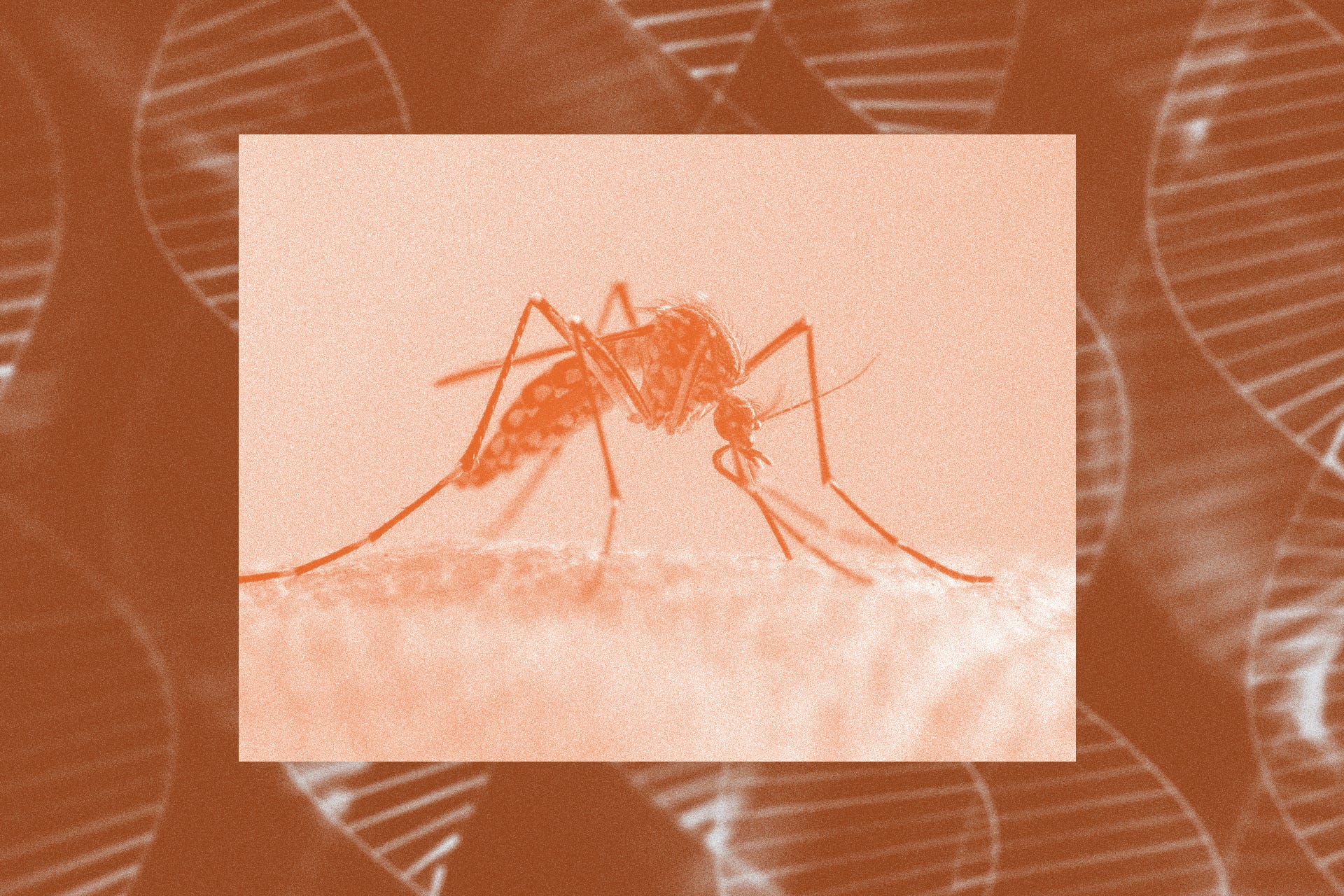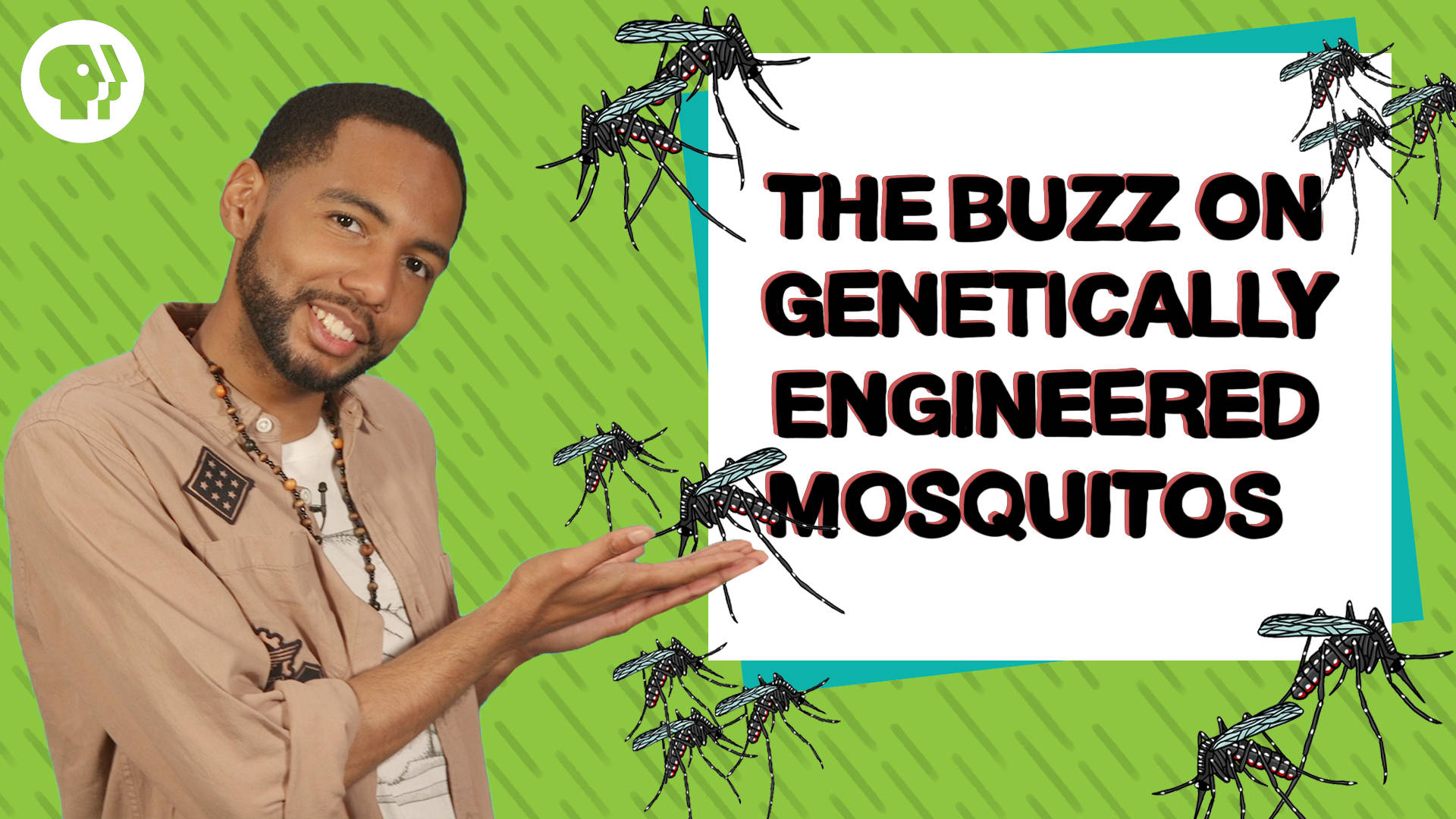Genetically modified mosquitoes could be released in Florida and Texas silver bullet or jumping the gun. The mosquitoes are released in Brazil in the Cayman Islands and in Panama.
 Cayman Islands To Employ Genetically Modified Mosquitoes Against Zika Genetic Literacy Project
Cayman Islands To Employ Genetically Modified Mosquitoes Against Zika Genetic Literacy Project
The Environmental Health Minister of the Cayman Islandswho has responsibility for the Mosquito Research and Control Unit MRCU has said the release of Oxitecs genetically modified GM Aedes aegypti mosquitoes in the Caymans has not worked and has confirmed that the Oxitec contract will formally end on 31 December Item 1.

Cayman mosquito genetic. The Mosquito Research and Control Unit has admitted that it has stopped the release of Oxitecs genetically modified male Aedes aegypti mosquitoes in Grand Cayman claiming that it is moving into a monitoring phase just a few months after it entered a deal with the bio-engineering firm in May. When they were introduced in Cayman. Oxitec is currently the first and only company to be approved to release genetically modified mosquitoes beginning in 2009 though not announced until 2010 with the release of 3 million genetically modified mosquitoes in the Cayman Islands in response to high levels of pesticide resistance in the mosquito population.
It is the first time genetically. In 2015 in response to an increase in Zika virus in the country Brazils National Biosafety Committee approved the release of GM mosquitoes in Juazeiro in northeast Brazil. 1 2016 FILE photo a technician from the British biotec company Oxitec inspects the pupae of genetically modified Aedes aegypti mosquitoes a vector for transmitting the Zika virus.
Scientists have released genetically modified mosquitoes in an experiment to fight dengue fever in the Cayman Islands British experts said on Thursday. The initial pilot project in West Bay which. The genetically modified OX513A mosquitoes the same strain as those released in a similar project in Grand Cayman were designed to be self limiting.
The Aedes aegypti a species of mosquito that showed up in Cayman in 2002 carries dengue and chikungunya. Further proposed trials in. The Cayman Islands MRCU Mosquito Research and Control Unit has given British firm Oxitec permission to release its genetically engineered mosquitoes on Grand Cayman island in an attempt to eradicate the Aedes aegypti mosquito.
The third aedes mosquito in Cayman is aedes taeniorhynchus the black salt-marsh mosquito The MRCU calls it the most-abundant pest mosquito in the Cayman Islands requiring most of the units. The Minister said that the project was not effective and it was only because of the arrival of a new director at MRCU that the ministry learned that it was not working. Oxitecs releases of GM mosquitoes in the Cayman Islands and Malaysia have ceased but open releases in Brazil have continued since 2011 and started in Panama in 2014.
For 10 years the company Oxitec has been testing whether genetically modified GM mosquitoes can suppress populations of their natural brethren which carry devastating viruses such as Zika and. The first wave of genetically modified mosquitoes were released Wednesday in the Cayman Islands as part of a new effort to control the insect that spreads Zika and other viruses officials in the. British-based biotech company Oxitec in partnership with the MRCU started the GM mosquito project in West Bay over the summer releasing about 300000 male Aedes aegypti mosquitoes a week.
GEORGE TOWN Cayman Islands CNS There has been a dramatic fall in the number of Aedes aegypti mosquitoes in the West Bay of Grand Cayman where genetically modified insects have been released in a pilot project to get as near as possible to eradicating the disease-spreading pest in the Cayman Islands. As a result in a number of places companies claim their genetically modified mosquitoes are able to reduce wild populations of aedes aegypti – which carry yellow fever and zika – by up to 90 percent. The genetically modified version of the male mosquito is sterile so females that mate.
The UK company Oxitec has conducted experimental open releases of genetically modified GM mosquitoes in the Cayman Islands Malaysia Brazil and Panama. Genetically modified mosquitoes are prepared for release. The mosquitoes have also passed controlled cage trials in India.
It is the first time genetically altered. Aedes is the the vector species for dengue chikungunya and most alarmingly Zika. The email exchanges reveal for the first time the likely costs of a large-scale deployment of genetically modified mosquitoes in the Cayman Islands.
Scientists have released genetically modified mosquitoes in an experiment to fight dengue fever in the Cayman Islands British experts said Thursday. By Brian Allan Chris Stone Holly Tuten Jennifer Kuzma and Natalie Kofler The.
 Objectors Delay Gm Mosquito Release In Cayman Islands Ieyenews
Objectors Delay Gm Mosquito Release In Cayman Islands Ieyenews
 Thousands Of Genetically Modified Mosquitoes Released Cayman Compass
Thousands Of Genetically Modified Mosquitoes Released Cayman Compass
 750 Million Genetically Engineered Mosquitoes Approved For Release In Florida Keys
750 Million Genetically Engineered Mosquitoes Approved For Release In Florida Keys
 Millions Of Genetically Engineered Mosquitoes Will Be Released In Florida Soon Future Human
Millions Of Genetically Engineered Mosquitoes Will Be Released In Florida Soon Future Human
 Gene Turns Female Mosquitoes Into Males Science Aaas
Gene Turns Female Mosquitoes Into Males Science Aaas
 Millions Of Genetically Modified Mosquitoes Approved For Release In Texas Florida Ktxs
Millions Of Genetically Modified Mosquitoes Approved For Release In Texas Florida Ktxs
 Minister No More Funds For Genetically Modified Mosquito Program Cayman Compass
Minister No More Funds For Genetically Modified Mosquito Program Cayman Compass
 Can Genetically Engineered Mosquitoes Help Fight Disease Kqed
Can Genetically Engineered Mosquitoes Help Fight Disease Kqed
 A Guide To Cayman S Public Enemy No 1 Mosquitoes Cayman Compass
A Guide To Cayman S Public Enemy No 1 Mosquitoes Cayman Compass
 Genetically Modified Mosquitoes Transfer Genes Into Natural Populations Cayman Compass
Genetically Modified Mosquitoes Transfer Genes Into Natural Populations Cayman Compass
 Concern Over National Rollout Of Genetically Modified Mosquito Project Cayman Compass
Concern Over National Rollout Of Genetically Modified Mosquito Project Cayman Compass
 Oxitec S Gm Mosquitoes Starting To Show Impact Cayman Compass
Oxitec S Gm Mosquitoes Starting To Show Impact Cayman Compass
 Gm Mosquito Release Halted Cayman Compass
Gm Mosquito Release Halted Cayman Compass
 Cayman Compass The Cayman Islands Most Trusted News Source Page 964
Cayman Compass The Cayman Islands Most Trusted News Source Page 964
